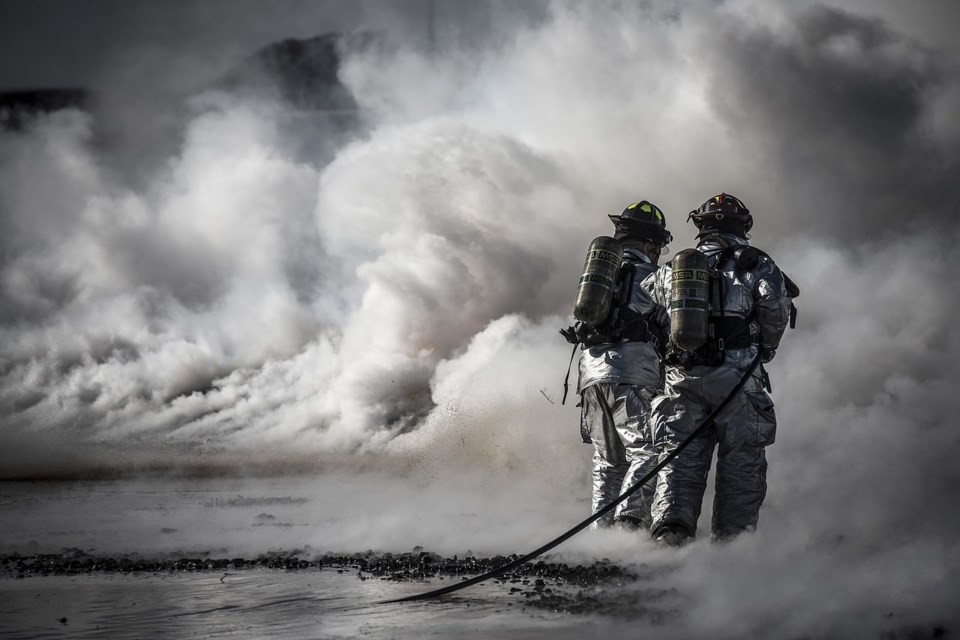EAST CENTRAL — Three new $3,000 non-refundable tax credits are being made available to first responders in the province.
The individual groups impacted are volunteer firefighting services, volunteer search and rescue, and volunteer emergency medical first responder services.
The new tax credits will come into effect beginning with the 2020 taxation year. The individual must participate in at least 200 hours of eligible volunteer services in a year, as certified by the organization managing the services.
Eligible volunteer services include responding to and being on call for search and rescue and other emergency calls, attending required meetings, and participating in required training. Individuals who receive honoraria for any of their volunteer emergency service duties may claim either the income exemption or one of the tax credits, but not both.
Brian Minhinnick, Tisdale’s fire chief, said he the new tax credit is a good thing. He said 200 hours are typical for a volunteer firefighter to have logged.
Jason Everitt, chief of the Melfort and District Fire Department, said it’s one way the province is recognizing the invaluable contribution of volunteer first responders.
“Any recognition goes a long way to showing appreciation for the time and the hard work that these folks put in,” Everitt said.
Melfort and Tisdale firefighters are paid on call, which is typical around the province. When they respond to an emergency call for service, they get an hourly wage paid to them. When they’re participating sanctioned training activities they also get an hourly wage.
“What would happen then is outside of those hours,” Everitt said. “All those hours they are on call, that they’re available, ready for a response, would be considered volunteer hours. They’re sitting there, they’re in the community, they’re carrying their pager, and if it goes off then they respond. Those hours would go toward those 200 hours.”
He added that open houses and public education would also go toward these hours.
Everitt said there is also a $3,000 federal tax credit.



